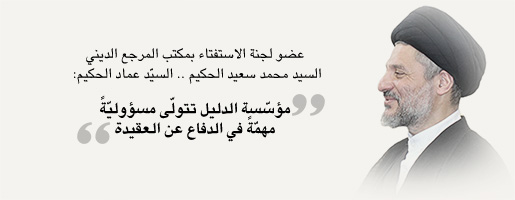
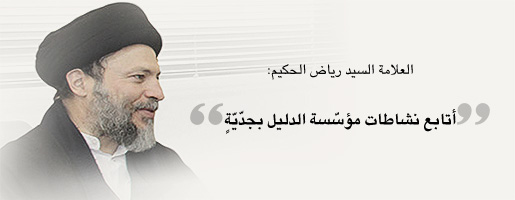
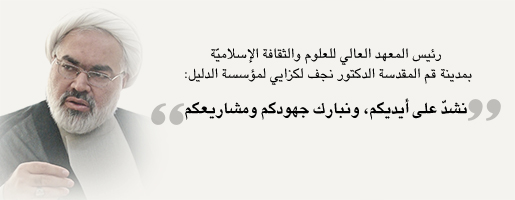
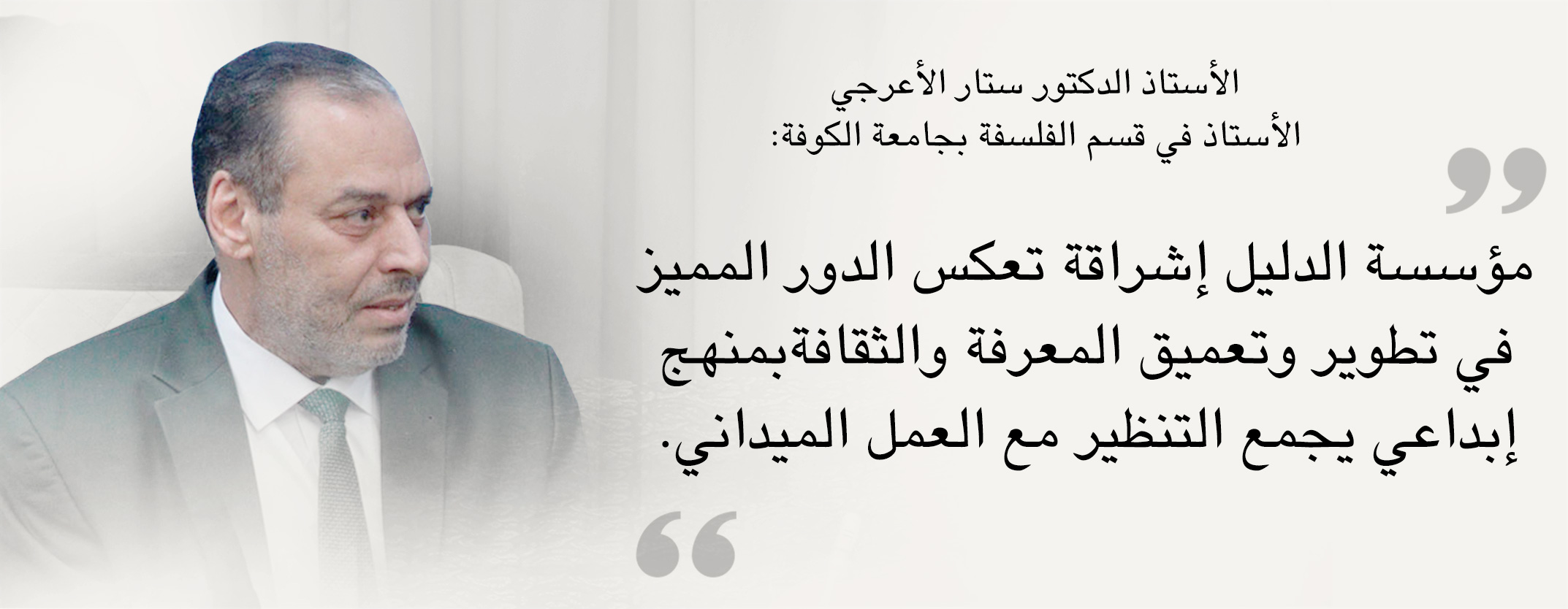
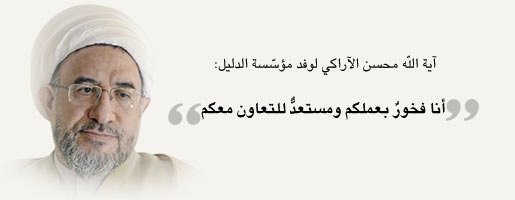
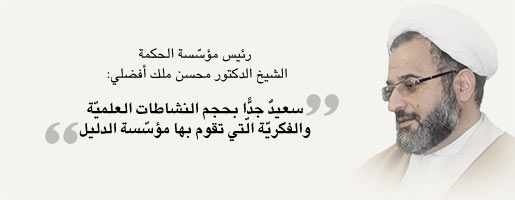
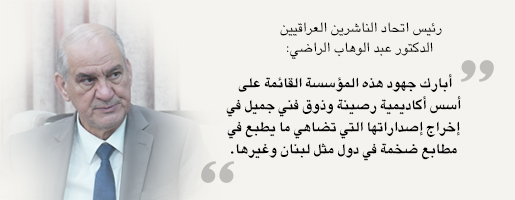
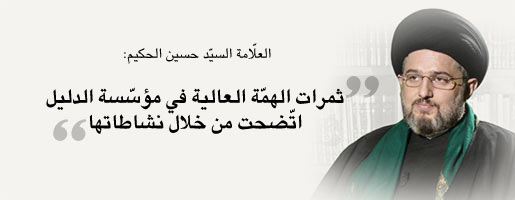
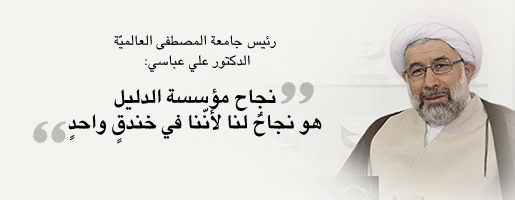
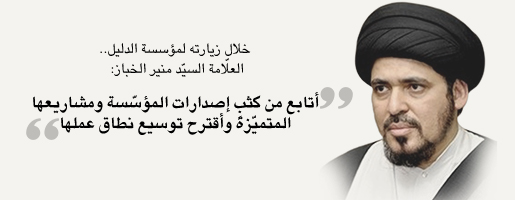
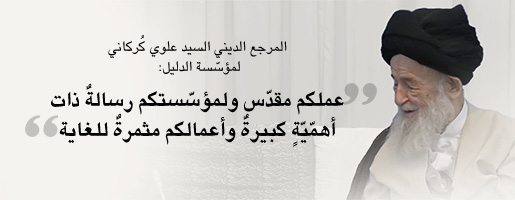
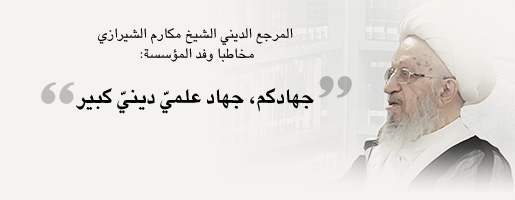
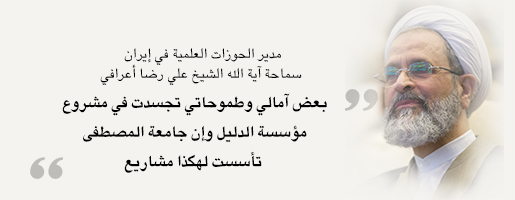
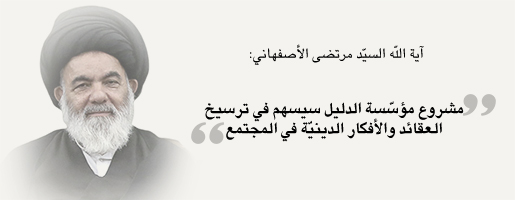
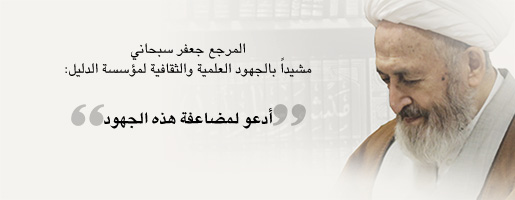
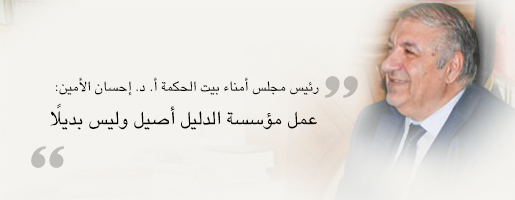
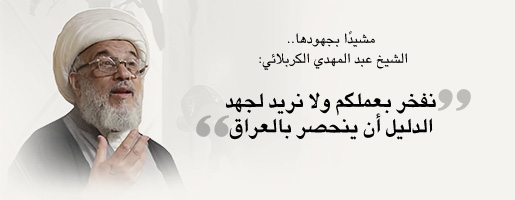
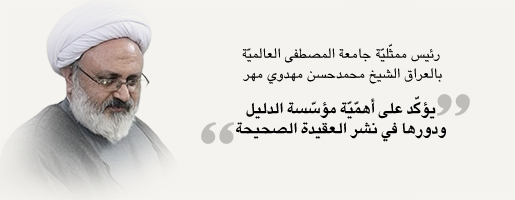
Athraa Slewa Raffo Sheto
Abstract
This study examines the distinction between the sacred and the secular in religion, employing the analytical sociological framework advanced by the French scholar Emile Durkheim. It highlights the pivotal role of this distinction in shaping individual's and group's conception of the sacred within societies, mediated through the moral conscience developed via socialization within both the group and society at large. The study further explores the application of the sacred-secular distinction in the context of contemporary social life. Using a descriptive-analytical methodology to interpret Durkheim's perspectives, the study demonstrates that religion, by differentiating the sacred from the secular, generates a formidable force that reinforces social cohesion and collective consciousness. Society embodies a collective conscience encompassing the shared rules, norms, and values of its members. Moral conscience is not innate but emerges through socialization, with society serving as the primary source of ethical principles; individuals acquire their moral standards through ongoing social interaction. Additionally, the study contends that secularism seeks to emancipate humans from religious sacredness, to desacralize human existence, and to promote a materialist worldview governed by material values and norms.
